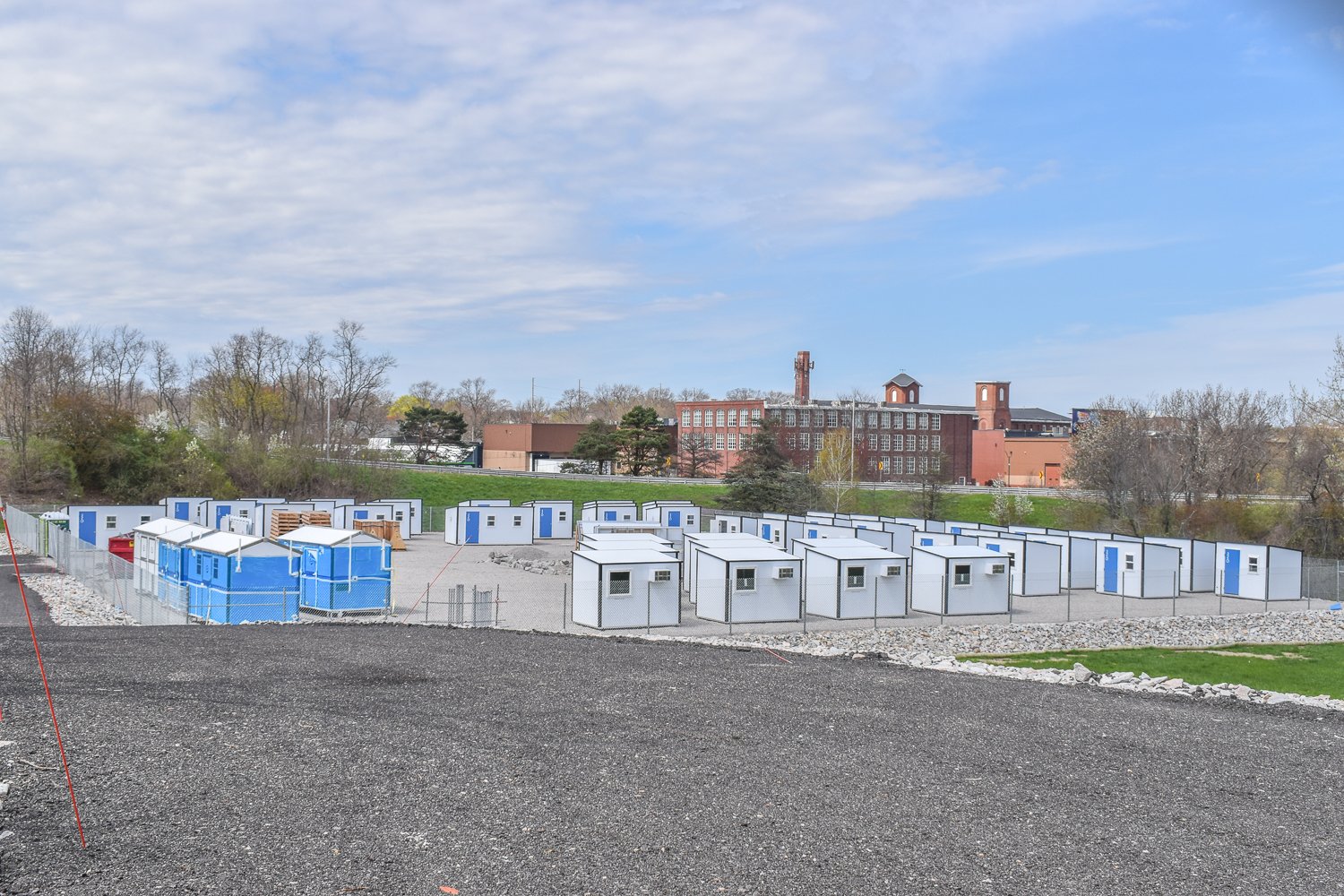Addressing the housing crisis has become one of Rhode Island’s highest priorities. A range of interventions are underway. Their effectiveness will hinge on reducing administrative complexity, typically known as “red tape.”
Bureaucracy-busting Lean process improvement techniques, remarkably successful in the private industry, can improve public functions such as contracting, hiring, and permitting. A robust Lean program can reduce waste, eliminate redundancies, and unclog bottlenecks.
Rhode Island’s homeless have a story to tell. Low wages, high rents, few shelters add to suffering.
I am a Lean trainer and practitioner. Full disclosure: I am also a senior consultant at one of three firms with a Master Price Agreement with the State of Rhode Island for agencies seeking process improvement consulting services. I have observed firsthand how our state’s housing initiatives are replete with bureaucratic challenges.
A report by the Rhode Island Public Expenditure Council (RIPEC) summed up these challenges: Three entities (RI Housing, the Department of Housing, and the Housing Resources Commission) shared overlapping responsibility for eight policy functions including the allocation of housing tax credits and administering homelessness support.
Little wonder then that Rhode Island had the lowest rate of total housing permits issued per 1,000 residents in the country over the last 10 years and ranked last in the country in 2023.
Among RIPEC’s recommendations: The state should seek to reduce the complexity of its housing programs, noting that “the allocation of funding to a multiplicity of similar production programs that are often combined to fund a single development, creates unnecessary bureaucratic hurdles…”
One particularly frustrating example is ECHO Village, a community of 45 freestanding, one-room pallet shelters approved by the State Properties Committee and assembled in February within the on-ramp to Route 146 South off Victor Street in Providence. The $3.3 million project was supposed to have opened by the end of March.
But here is the timeline for what’s happened since then:
- April 2024: Permitting issues delayed the ECHO Village opening. The House of Hope, which will be managing the pallet shelters, was “optimistic for a late spring/early summer opening.”
- May 2024: The Department of Housing cleared the “final” permitting hurdle when the Rhode Island Building Code Standards Committee approved several variances.
- August 2024: The 45 units still needed approvals from the Fire Safety Board and Building Commission but was projected to open “before winter.”
- November 2024 Housing advocates urge Gov. Dan McKee to declare a State of Emergency to address the crisis of 600 people without shelter, and to remove the regulatory barriers to opening ECHO Village.
Here we are in the first week in December and temperatures continue to fall. But there has been no gubernatorial intervention to open ECHO Village.
It should not have come to this. The fact that these shelters have sat empty for months also underscores the need to untangle the bureaucracy that impedes progress on all housing programs.
Given the overlapping responsibilities of boards and agencies, no one agency or individual has the vantage point to differentiate mission-critical steps from “red tape.” Removing the waste without sacrificing essential health, safety, and financial controls requires the work of a cross-functional team in a Lean project known as a “kaizen.”
Here we are in the first week in December and temperatures continue to fall. But there has been no gubernatorial intervention to open ECHO Village.
The kaizen is chartered by a state official of sufficient rank to implement the team’s recommendations. The team maps every step of the process as it is currently conducted, evaluating the value of each step. They measure the intervals between hand-offs and the elapsed time for the entire process. Then they construct a second map depicting an improved process flow. Simple fixes can start immediately; more complex improvements must be managed by the project sponsor.
Basic Lean tools such as process mapping can expedite public projects while maintaining appropriate checks and balances. With consistent use, a culture of continuous improvement develops along with proficiency in Lean management. More advanced techniques can be used to clarify the overlapping administrative roles of boards and agencies.
There is broad agreement on the need to act. Voters on Nov. 5 overwhelmingly approved $120 million of housing and community opportunity bonds. Deployment needs to be effective and expeditious – for the existing programs and for the forthcoming bonds.
“Leaning” our bureaucratic processes can maximize the use of all available resources. The urgency of this crisis requires nothing less.
GET THE MORNING HEADLINES.
Share this content:
